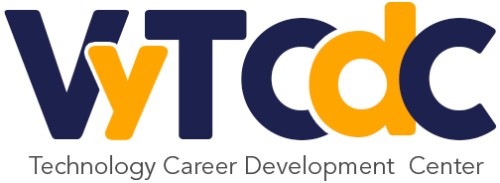To equip students with the knowledge and skills to efficiently organize, manage, and process data. Teach students how to select and implement appropriate data structures, such as arrays, linked lists, trees, and graphs, to optimize data access and manipulation.

Data Structures And Algorithms Course Objectives:
The Course Highlights Why Data Structures And Algorithms Course In VyTCDC?
Curriculum:
Our team of experts brings several decades of combined real-world professional experience in software development, team building, and mentoring to table to offer training and career development services through VyTCDC (Training and career development center).
We have been providing this service over a decade. We have a successful track record of training several technical resources that are well placed in the industry today.
In leadership positions in several leading software companies worldwide. Our key strength is our ability to tailor training programs based on the latest trends in the software industry.
© 2025 coursetakers.com All Rights Reserved. Terms and Conditions of use | Privacy Policy